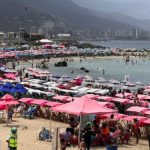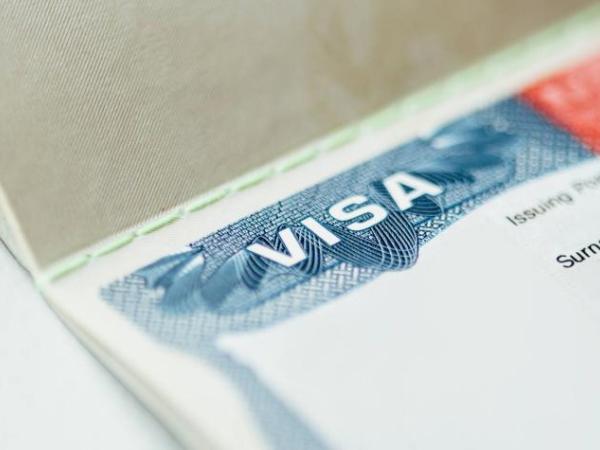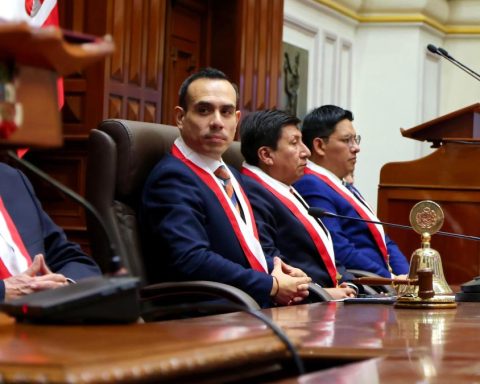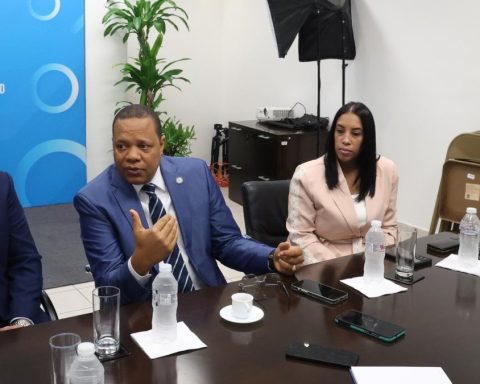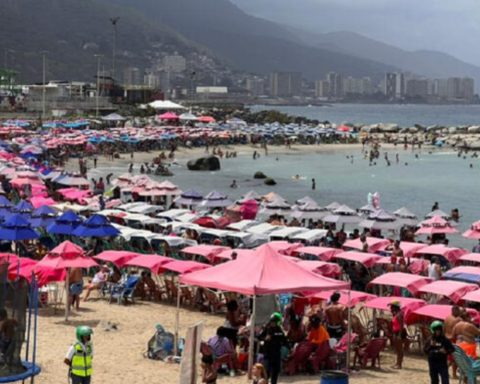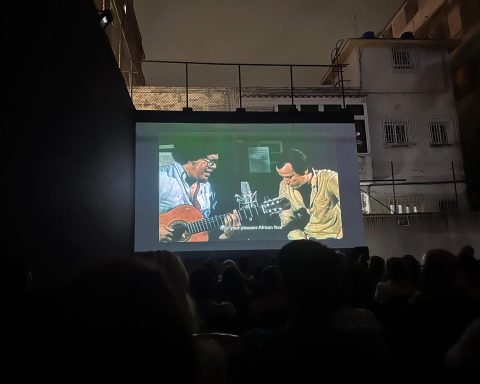Concern, discomfort and irritation are the feelings that would overwhelm the communities that reside in the urban centers of the north due to the lack of a specific agenda aimed at limiting the irregular migratory flow, one that is projected to be greater in the summer months and that threatens to worsen. both coexistence and the perception of deterioration in living conditions observed in the communes of the regions of Arica and Parinacota, Iquique and Tarapacá and Antofagasta.
At least that is what Jaime Araya, deputy for the third district of Antofagasta (independent with a PPD quota), affirms, who hopes that this short week the Government will announce the security agenda in migratory matters in the face of the announced overflow of the flow that enters through of steps not enabled. Although projections indicate that regional migration is once again turning to the United States, a part continues to migrate to Chile with the expectation of improving their living conditions, while hundreds of thousands of people (especially Venezuelans) hope to be reunited with their relatives already residing in the country.
“There is no commune or region that can resist what we had to live through last year. Here in the north things are getting much worse because a climate of tremendous xenophobia is igniting, and there are people in the government, and I’m afraid also in parliament, who have a very unrealistic approach to the phenomenon and its consequences. The only thing they are achieving is paving the way for right-wing populism,” says the legislator, who is part of a transversal bench of northern deputies focused on this matter.
The deputy assures that “the stage of the work tables and the diagnoses has already passed. It seems to me that Minister Carolina Tohá has had time to settle in. I value what Undersecretary (Manuel) Monsalve did to promote the hiring of three highly complex prosecutors for Antofagasta to prosecute criminal action. We are pending the strategy against organized crime with a focus on copper theft. We must evaluate the installation of physical barriers and encourage greater support from the Armed Forces for greater border surveillance, on the routes and in the cities themselves, and make irregular entry a crime again. There is much to be done to deal with money laundering through commercial stores and casinos, something that is also rarely talked about,” says Araya.
Likewise, Araya requests a more decisive action regarding the redirection and expulsion of undocumented immigrants. “If a family arrives, well, they will have to be received, given humanitarian attention, and immediately afterwards they must be returned to where they came from. That is the signal that you have to start giving, ”he indicates.
An academic and naive look
In this sense, Deputy Araya believes that it is time to put aside this somewhat “academicist” approach to the phenomenon of international human mobility. “This look has done a lot of damage, and the worst thing is that it has achieved the opposite: as it is unrealistic, it does not take responsibility for the problems it generates, and with this they get the anti-immigration discourse to catch on so much in the north of the country. . I say it clearly: it is true that people have the right to migrate in search of a better future, but countries also have the right to regulate entry and decide who enters and who does not. Insisting that the right to migrate is the predominant one is going to cause a major clash”, he declares.
“There are authorities who do not seem to understand how this has affected communities, how life in public space has deteriorated, how the appearance of cities has changed for the worse, how crimes that did not occur here before have been triggered. The extortion of merchants today has become common, and that happened because we did not know how to stop its origin, which is the drop-by-drop loan that foreigners installed in Chile a good number of years ago. It is already good that they stop theorizing on this subject. It is different to look at this problem as an academic or from Ñuñoa, Providencia and Las Condes, and not from communes like ours where the anger is increasing every day”, adds Araya, referring to a look that, among other things, led to the failure of the Constitutional Convention.
“I would ask them to talk to the camp leaders who live in fear of criminals and gangs. I would ask them to talk to the same foreigners who arrived respecting the law and through regular channels. I see a misunderstood condescension, a total misunderstanding of the risks involved in having extremely dangerous criminals and gangs operating from the same prisons. Here in the north we see foreigners who have no respect for Carabineros, and yes for the PDI because it has migratory powers, but not for Carabineros. I live in a downtown area that used to be relatively quiet, and today that has changed drastically. It is something to see how the recently arrived foreigners tied their grills with chains to the posts and nobody does anything, “says the parliamentarian, who recalls that he was one of those who presented a bill that proposes increasing the penalties for foreign citizens who commit crimes being in a state of migratory irregularity.
And he adds: “Here there are people who come from countries where there is no culture of respect for the law and regulations, and that has very saturated people, who rightly feel abandoned. Many laughed when I told them that the motorcycles. Only when the problem reached Santiago did they begin to worry about this issue. The same Colombian residents of Antofagasta warned me that: you should not let two people circulate on a motorcycle, because that is how the hit men also operate in Colombia.”
Although she has nuances with respect to her colleague, the socialist deputy for Iquique, Danisa Astudillo, expresses the same concern about this announced reactivation of the migratory flow. “There is concern that the improvement in the climatic conditions of the summer season could increase the inflow of irregular immigrants, particularly worrying in Tarapacá. It is possible that this will happen,” she indicates.
“In the migratory crisis that the region is experiencing, there are multiple factors involved, we must not forget that the exodus of Venezuelans is only comparable at the international level with the forced displacement of the civil war in Syria. A migratory crisis that already has a development of a least a couple of years,” he adds.
Deputy Astudillo indicates that “rather than speculate, the State must continue taking actions to advance in the control of these flows, and must make those decisions now because the crisis is out of control. And this is particularly urgent, because this phenomenon that is intimately linked to the public security crisis that we are experiencing,” he says. “And not because immigrants are criminals, but because camouflaged in these forced displacements of people, the mafias, organized crime, have been infiltrating with terrible crimes that we did not have before, such as contract killings, kidnapping, human trafficking. , or torture, among others”.
“This is how, at least, progress should be made along three main lines: reinforce the control of our borders; strengthen the presence of the State in our cities to guarantee compliance with the law; and finally, advance in diplomatic matters both with Bolivia -to allow the return of irregular immigrants- as in Venezuela itself, fostering democratic dialogue that allows overcoming the internal conflict suffered by that country, which is the cause of the forced displacement of its citizens,” he concludes.









